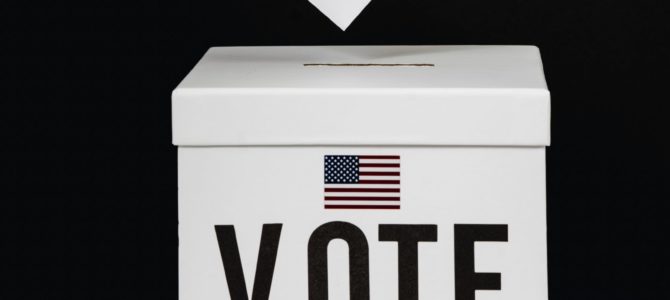The U.S. Supreme Court ruled that Arizona’s attempts to protect election integrity by banning out-of-precinct voting and ballot harvesting are protected.
In a 6-3 decision, the court overturned a decision from the Ninth Circuit Court of Appeals and ruled that neither of the state’s provisions designed to provide secure elections violates Section 2 of the Voting Rights Act.
Justice Thomas Alito, joined by Chief Justice John Roberts and Justices Clarence Thomas, Neil Gorsuch, Brett Kavanaugh, and Amy Coney Barrett, authored the majority opinion in which he explained that Arizona “generally makes it quite easy for residents to vote” and even “made extensive efforts to reduce their impact on the number of valid votes ultimately cast.”
“Having to identify one’s own polling place and then travel there to vote does not exceed the ‘usual burdens of voting,'” Alito wrote. “On the contrary, these tasks are quintessential examples of the usual burdens of voting.”
The plaintiffs previously argued that Arizona’s voting protections “had a disparate impact on minority voters,” a narrative that is often carried by Democrats and the corporate media, but Alito said that those bringing the case “were unable to provide statistical evidence” that was true.
“Arizona’s out-of-precinct policy and HB 2023 do not violate §2 of the VRA, and HB 2023 was not enacted with a racially discriminatory purpose,” Alito concluded.
In a dissenting opinion, Justice Elena Kagan, joined by Justices Stephen Breyer and Sonia Sotomayor, argued that the court has “(yet again) rewritten—in order to weaken—a statute that stands as a monument to America’s greatness, and protects against its basest impulses.”
“Wherever it can, the majority gives a cramped reading to broad language,” she wrote. “And then it uses that to uphold two election laws from Arizona that discriminate against minority voters.”
Proponents of safe and secure elections celebrated the ruling and noted its significance.
“Big win for election integrity today,” Arizona Attorney General Mark Brnovich wrote on Twitter. “#SCOTUS justices ruled states have authority to pass and maintain laws that prevent voter fraud and safeguard election integrity, such as our protections regarding ballot harvesting and out-of-precinct voting here in Arizona.”
Big win for election integrity today. #SCOTUS justices ruled states have authority to pass and maintain laws that prevent voter fraud and safeguard election integrity, such as our protections regarding ballot harvesting and out-of-precinct voting here in Arizona. pic.twitter.com/no6x6EXmV7
— Mark Brnovich (@GeneralBrnovich) July 1, 2021
“Five years ago, I authored Arizona’s ban on ballot harvesting to protect the integrity of our elections and ensure free and fair elections in Arizona,” Arizona State Senator Michelle Ugenti-Rita wrote on Twitter. “Despite Democrats’ [sic] continual efforts to exploit the judicial system to circumvent the will of the public and levy false accusations of racism and suppression. I’m gratified the US Supreme Court saw through the rhetoric on behalf of the voters.”
— Michelle Ugenti-RITA (@MichelleUgenti) July 1, 2021









